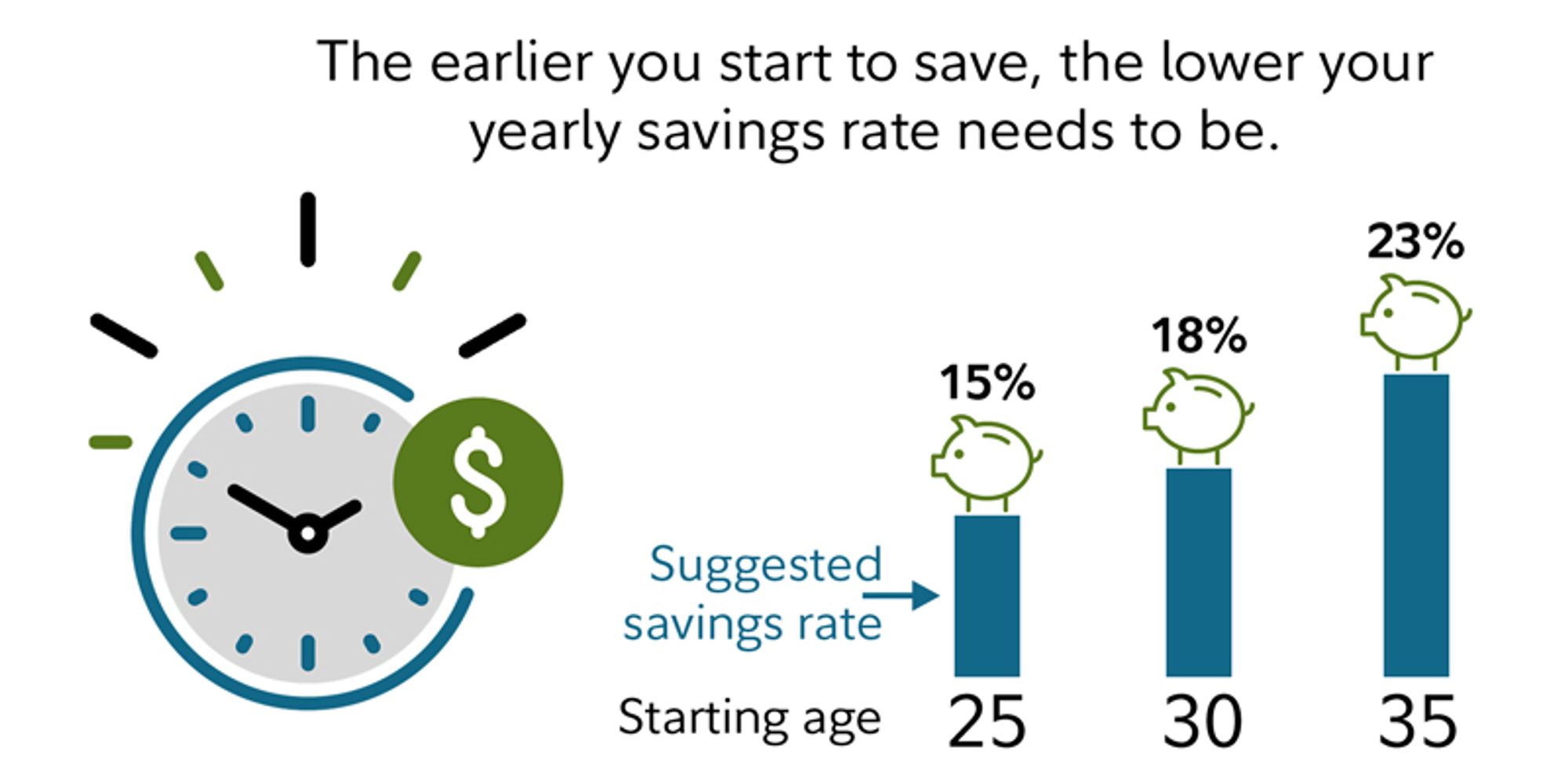🔎 Glossary
| Term | Definition |
|---|---|
| Cash | Money you have on hand, usually in a checking account. When you're younger this might be sysnonymous with "all your money", but as you start investing this will be a smaller and smaller percentage of your net worth. |
| ETF | Exchange Traded Fund, or a pool of grouped investments. Instead of investing in Coke or Apple, you can invest in an ETF, which will help diversify your portfolio, or reduce the risk that one stock tanking will make you broke. Similar to an index fund. |
| Index Funds | A collection of stocks or bonds. Similar to an ETF. |
| ✨ S&P 500 | Standard & Poor's 500 -- A historically sound index fund. Dad says invest in the S&P 500, then forget about it until you retire. I do that. It's sound advice. |
| Retirement Account | A special account for retirement savings. You'll usually deposit into this account and leave the money there until you retire. Trust the process. Plan to retire. You can both save and have fun in your twenties, I promise. |
| ✨ 401k | A retirement account offered by your employer. If they're cool they'll match your contributions up to a certain amount. That's free money. |
| ✨ IRA | A retirement account you can open on your own even if you're unemployed or getting paid under the table. |
| ✨ 401k Match | Money your employer contributes to your 401k |
| 401k Vesting | The amount of time you have to work at a company before you own the 401k match |
| 401k Rollover | Moving your 401k from one company to another |
| Traditional IRA | A retirement account where you pay taxes when you withdraw money |
| ✨ Roth IRA | A retirement account where you pay taxes when you deposit money |
| Emergency Fund | Money set aside for unexpected expenses. I've found it nice to have 6 months expenses set aside. If I lose my job, get in an accident, or decide to fuck off an travel, it's a nice safety net to have. It took me a few years of slow contributions to save up 6 months living expenses. |
| Retirement | The time in your life when you stop working |
| Retirement Savings | Money set aside for retirement. |
| Retirement Income | Money you receive in retirement |
| Assets | Things you own that have value |
| Liabilities | Things you owe |
| Net Worth | Assets - Liabilities |
| Income | Money you earn |
| Expenses | Money you spend |
| Net Income | Income - Expenses |
| Debt | Money you owe |
| Interest | Money you pay to borrow money |
| Principal | The amount of money you borrowed |
| Equity | The value of an asset minus the amount of debt you owe on the asset |
| Stocks | A share of ownership in a company |
| Bonds | A loan to a company or government |
| Dividends | A payment made by a company to its shareholders |
| Capital Gains | The profit you make when you sell an asset |
| Compound Interest | Interest on interest |
